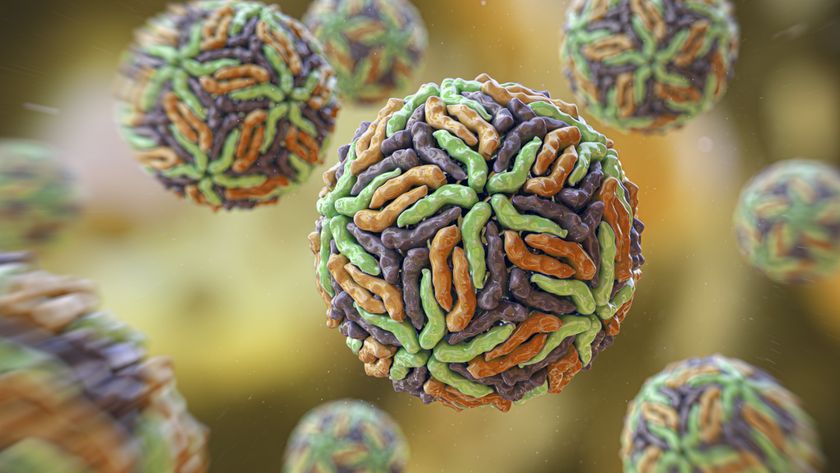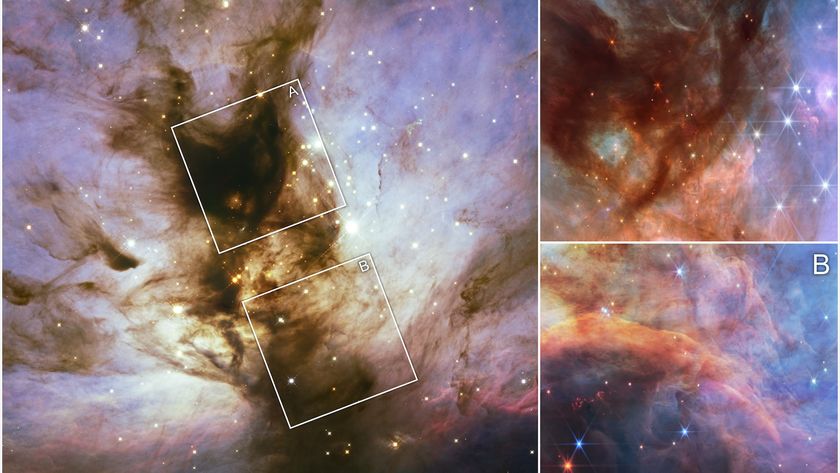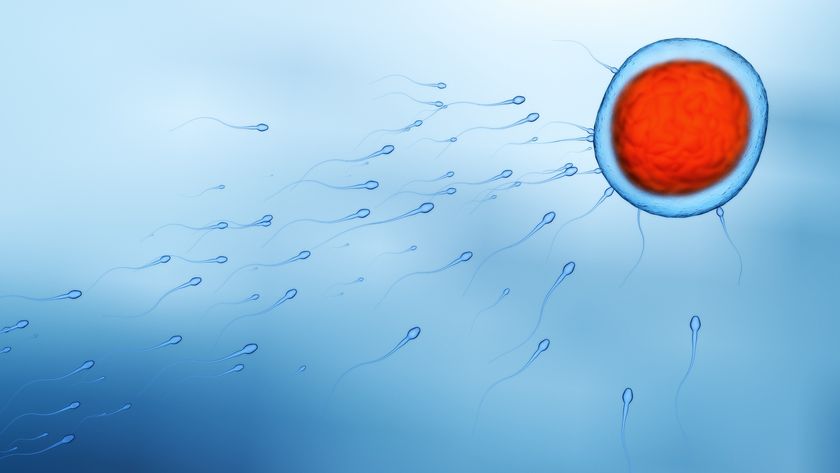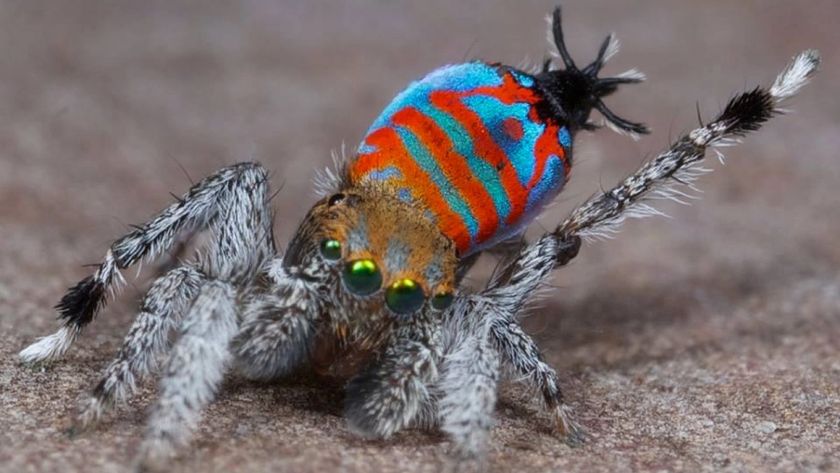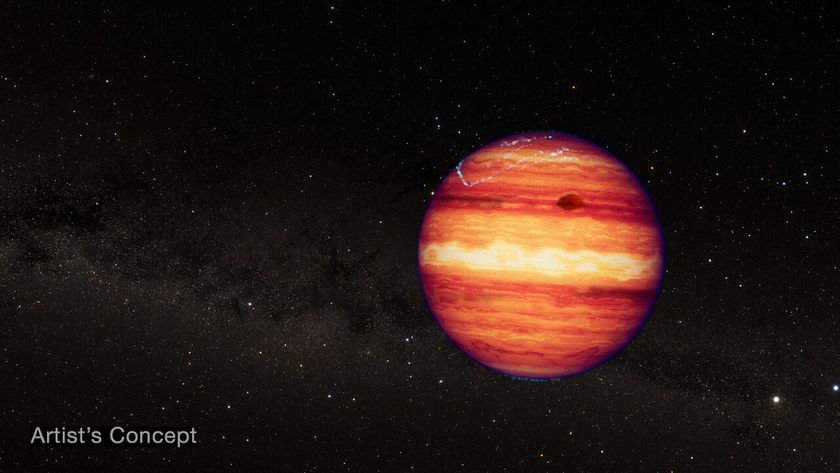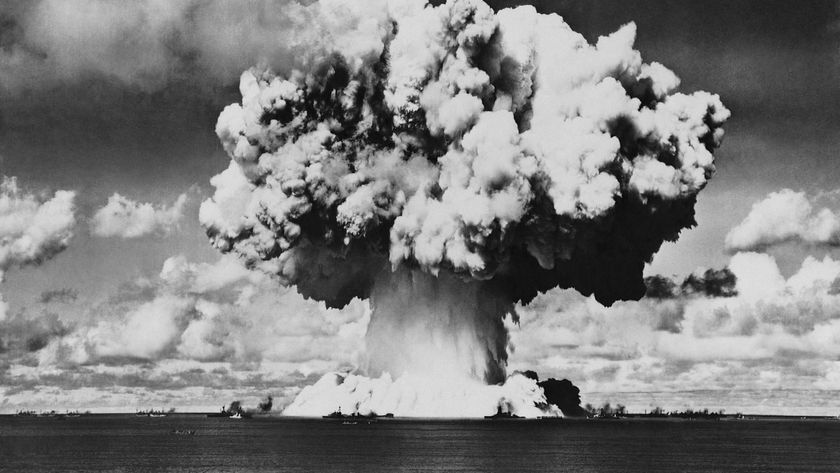Teens Get Failing Grade on Understanding Climate Change

Only one-fourth of American teenagers receive a passing grade on their climate change awareness and understanding, says a new poll from Yale University.
Only about half of teens accurately believe climate change is occurring, and even of those not many understand why. Overall, 54 percent of teens received a failing grade, compared with 46 percent of adults. Only 6 percent of teens polled have an A or B level of understanding of climate change, while 41 percent have C or D grade.
The study polled 517 American middle- and high-school students, and 1,513 adults from homes throughout the country. Participants were asked about various facts regarding climate change. Scores of about 90 percent correct got an A, those between 80 and 89 got a B, between 70 and 79 got a C (passing grades), while those between 60 and 69 got a D and those below 59 got an F (failing grades).
Misconceptions and limited understanding
Many of the teens polled had serious misconceptions about the causes of and solutions to climate change, which led some of them to doubt its occurrence, humanity's involvement in the process or to understand its causes and solutions.
In many ways teens showed less understanding of climate change than did adults:
- 54 percent of teens say that global warming is happening, compared with 63 percent of adults;
- 35 percent of teens understand that most scientists agree global warming is happening, compared with 39 percent of adults;
- 46 percent of teens understand that emissions from cars and trucks substantially contribute to global warming, compared with 49 percent of adults; and
- 17-18 percent of teens have heard of coral bleaching or ocean acidification, compared with 25 percent of adults.
Teens are also confused about the relationships between climate change and other environmental issues, including the hole in the ozone layer, which is a region of thinned ozone over the South Pole. About 35 percent of teens incorrectly believe that the ozone hole is a large contributor to climate change; 21 percent believe aerosol cans play a role in climate change (they don't), and 44 percent believe stopping rockets from punching holes in the atmosphere would reduce global warming — something not supported by science.
Sign up for the Live Science daily newsletter now
Get the world’s most fascinating discoveries delivered straight to your inbox.
Hope for the future
Previous studies have shown that women are more accepting than men of a scientific view of global warming, from an analysis of eight years of Gallup poll data in 2010. Some polls find that about 75 percent of adults believe in climate change, though other studies have shown that things as simple as daily weather fluctuations can effect that belief.
On some questions teens did prove themselves savvier than their elders:
- 57 percent of teens understand that global warming is caused mostly by human activities, compared with 50 percent of adults;
- 77 percent of teens understand that the greenhouse effect refers to gases in the atmosphere that trap heat, compared with 66 percent of adults;
- 52 percent of teens understand that carbon dioxide traps heat from the Earth’s surface, compared with 45 percent of adults;
- 71 percent of teens understand that carbon dioxide is produced by the burning of fossil fuels, compared with 67 percent of adults.
The teens recognized their limited understanding of the issues: less than 1 in 5 would call themselves "very well informed" about climate change, and only 27 percent note they have "learned a lot" about the issue in school. But, there is hope. When asked, 70 percent of teens say they would like to know more about climate change.
You can follow LiveScience staff writer Jennifer Welsh on Twitter @microbelover.Follow LiveScience for the latest in science news and discoveries on Twitter @livescience and on Facebook.
Jennifer Welsh is a Connecticut-based science writer and editor and a regular contributor to Live Science. She also has several years of bench work in cancer research and anti-viral drug discovery under her belt. She has previously written for Science News, VerywellHealth, The Scientist, Discover Magazine, WIRED Science, and Business Insider.





